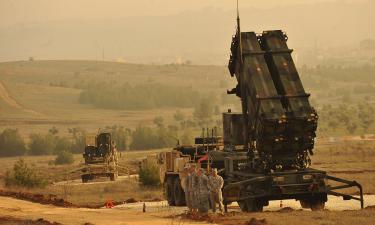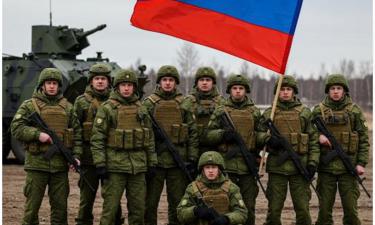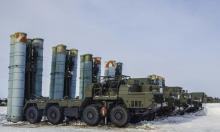Zakayev's Extradition Trial Launched in London
On Friday a London court launches hearings on extraditing Chechen terrorist Akhmed Zakayev from Britain to Russia.
The documents submitted by Russia with requests to extradite the head of Chechen militants for alleged violent crimes he committed in Russia will be examined by Judge Timothy Workman. During the hearings the sides are expected to decide on their further actions regarding the extradition proceedings.
Yesterday the British Home Secretary made an important political decision: he signed an order to launch Zakayev's extradition trial, laying legal ground for court proceedings.
Earlier Russia's Deputy Prosecutor General Sergei Fridinsky told Russian reporters that Britain had been provided with all the necessary documents for trying Chechen envoy Zakayev on extradition charges.
Allegations against Zakayev's crimes are sustained by concrete evidence, namely, testimonies by witnesses and victims. According to the Deputy Prosecutor General, the probative basis submitted last year to the Danish authorities has been supplemented with new evidence. Namely, it contains testimony by the victim and witnesses of another crime in Chechnya related to Zakayev.
On January 10, 2003 the United Kingdom officially recognized Russia member of the European Convention on the Suppression of Terrorism signed on January 27, 1977. This move deprived Zakayev of an opportunity to justify his grave crimes by political motives, because now any British-Russian issue regulated under the Convention must be settled by the two countries according to the articles of the given international legal document.
British experts believe that Russia's incorporation into the European Convention deprives any alleged terrorist of an opportunity to avoid extradition based on the claim that he acted upon political motives.
Subscribe to Pravda.Ru Telegram channel, Facebook, RSS!




